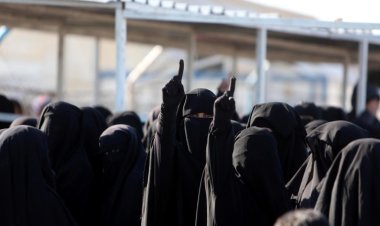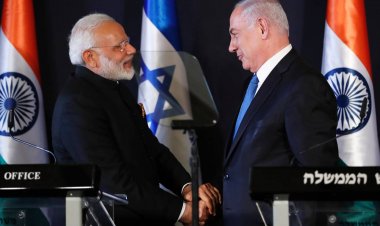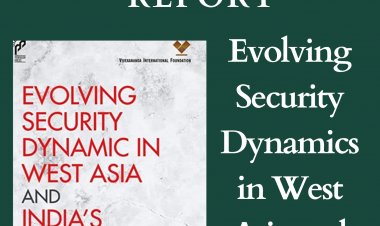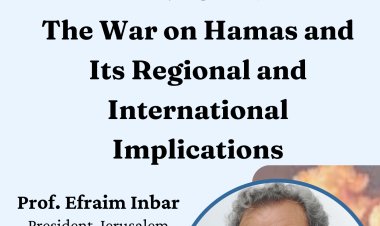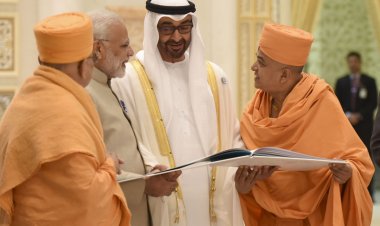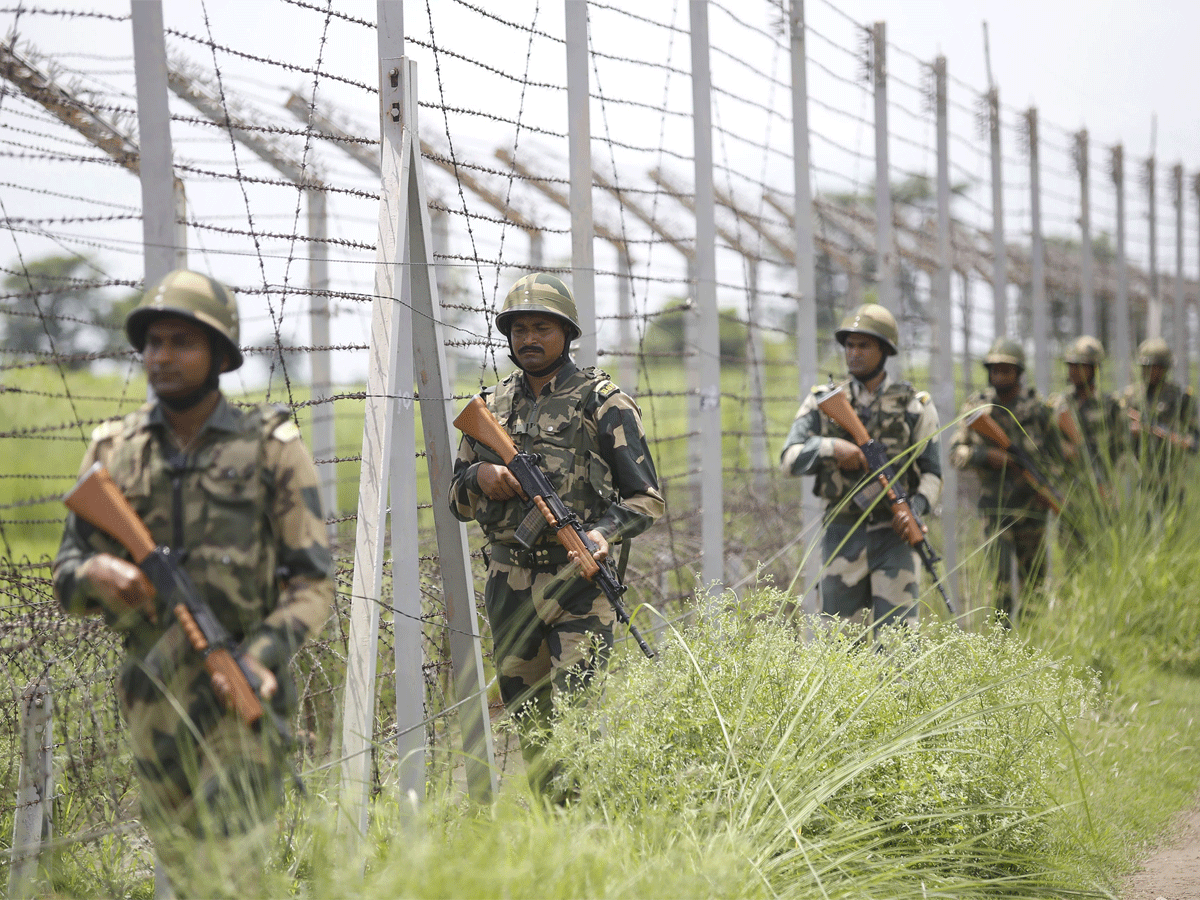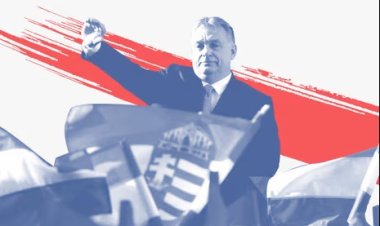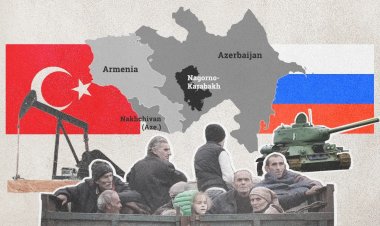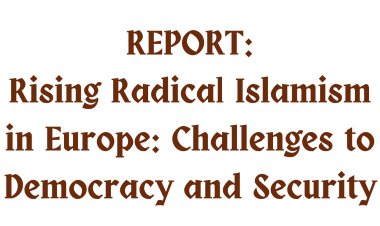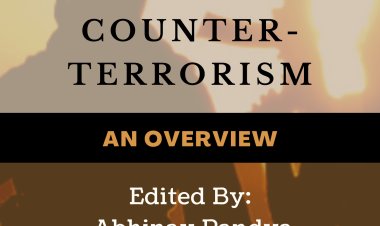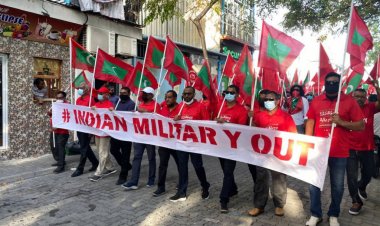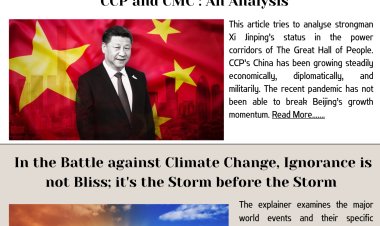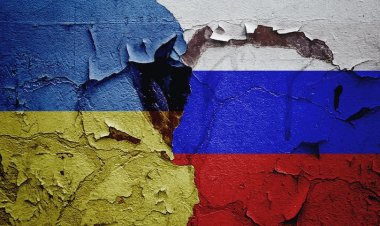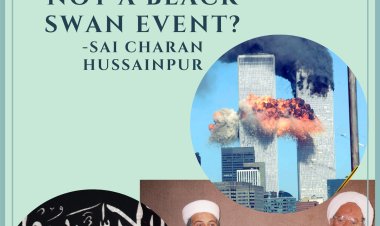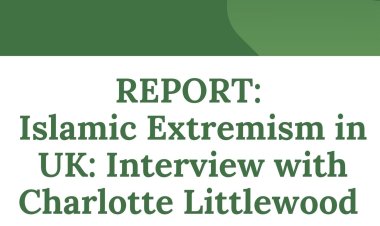Turkey's Undoing of Kemalist Project and its Tremors in Geopolitics of Islamic World
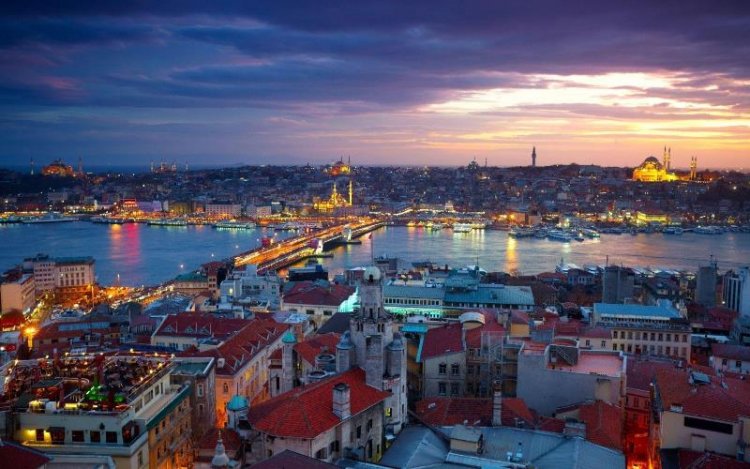
Event Report
Webinar No. 4
By Usanas Foundation
Usanas Foundation and Law and Society Alliance jointly organised a webinar on "Turkey's Undoing of Kemalist Project and its Tremors in Geopolitics of Islamic World" on 21 July 2020. The speakers at the event were: Assistant Professor, DeSales University, Director of Center for the Homeland Security, and Fellow on Extremism Program, Georgetown University, United States, Dr. Ahmet S. Yayla and India’s Former Ambassador to Jordan, Libya, and Malta, and Distinguished Fellow, Vivekananda International Foundation, Ambassador Anil Trigunayat. Abhinav Pandya, CEO of Usanas Foundation moderated the event.
Dr. Ahmet Yayla highlighted the fact that President Erdogan slowly established his rule by shifting moderate Turkish Sufi Islam, based on teachings of Rumi towards a Salafi Islam – the political Islam. Currently, Erdogan’s core support base constitutes 30% of Turkey’s population. He needs more and more support to save himself from being prosecuted on charges of corruption and killings. So first of all he is trying to convey to the 30% population that in order to practice your religion and protect it, you need to vote and support him. For the support of others, he is trying to project himself a nationalist and tallest leader of the Muslim world. Though he is projecting himself as the Messiah of Islam, however, he is himself not practicing proper Islam. Instead, he is misusing the religion for his political ambitions.
Besides throwing light on the internal politics of Turkey, Dr. Yalya also talked about its regional and international geopolitical repercussions. He highlighted that Turkey has not only been supporting ISIS in Syria but also extremist Salafi groups in the region. Just like the rest of the world, the initial support for the Free Syrian Army was understandable, as it wasn’t an ideological movement. However, in 2013 as the Salafi Jihadi movement started to grow with the expansion of Al Qaeda affiliates and ISIS. Turkey started supporting them in covert and overt ways. Over 60 thousand ISIS fighters came to fight via Turkey, who were given an open and free passage, without being stopped by the Turkish government. The support to ISIS was so open, that in several instances, it was seen that ISIS fighters used to make clear declarations in front of Turkish authorities to let them cross over Turkey to fight for ISIS. This support was at its peak between 2013-16.
He further said that though ISIS did carry out attacks in Turkey, all of them were against the minority Kurdish community. In fact, the German intelligence agency published its intelligence report highlighting that there was a common hidden agenda of Turkish intelligence agency and ISIS perpetrators of Ankara bombing on minorities. It was a deal between them. When the US started to press Turkey to refrain from supporting ISIS in 2016, Erdogan started to take steps against ISIS fighters, just for the namesake. For example, only 1000 ISIS members were arrested and imprisoned in Turkey. This number is nothing as, after the defeat of ISIS, most of the fighters moved and shifted to Turkey and are still operating from there.
Talking about the ambitions of Erdogan, Dr. Yayla said that Erdogan is clear in his concept that in case he loses, he is certainly going to end up in prison. Hence, he now plans to go international through the Turkish National Intelligence Organisation and Diyanet, Turkey’s religious affairs organization, trying to boost his image in Europe as well as in Eastern countries like India as the leader of the Muslim ummah. Earlier, Diyanet, which used to be an independent authority, shifted towards political Islam in Erdogan’s regime. There are over 50 thousand Diyanet members who are working abroad and promoting Erdogan’s agenda as well as acting as intelligence agents. Besides, there are different international aid groups like IHH - which operates in India as well, are openly operating as Salafist promotion organizations across the world, and supporting terrorist organizations. With a combination of these three entities and the foreign ministry of Turkey, Erdogan is trying to push Muslims across the world to garner support for his Islamic movement. He is also trying to convey that since Turkey is reviving its historical position, they should support him as their religious obligation. However, this is surprising to note that under Erdogan, the number of people who pray daily has significantly declined and the number of atheists is increasing in Turkey. People are turning away from religion as attempts of Erdogan are backfiring.
Ambassador Anil Trigunayat began by highlighting that the Ottoman empire has much sway on the regional geography. Turkey is coming close to the revival of the defacto Ottoman Empire. During Erdogan, Turkey has grown economically, and despite internal problems, he has been able to make it a major force in the region. His party essentially started on the basis of Wahabi Islam as Erdogan has been trying to get the regional and global leadership of Islam. Saudi Arabia is in trouble due to the Arab Spring. Muslim Brotherhood had added to the problems of the Islamic countries. Since 2002, when he came to power, he has been talking about political Islam. Since then, he has been trying to strengthen his position as the global leader of Islam. He has learned from the fate of his predecessors and is trying to promote a muscular Islam. Foreign policy is the reflection of domestic conditions. His overt interventions in Syria and Iraq are methods of reflecting his muscular power in the region. It is a major NATO power with the second-largest army and has constantly tried to get into the EU, but has failed. It is also challenging in several European countries in their quest in Syria. In Libya, Turkey is supported by Qatar, Italy, and the US. In Syria, it is in a confrontation with Iran and Russia. Let us hope that Libya does not convert as a war front between Egypt, supported by European countries and Turkey. But in some way, he has tried to establish relationships with Putin and Iranians. Post Arab Spring, the Sunni Arab states and the Shia-Sunni problems have taken a different turn now. Qatar supported the Muslim Brotherhood in Turkey and Turkey was able to establish its military base in Qatar. Turkey is the only country in the region which is displaying its muscular power. However, Erdogan is losing popular support in Turkey. His speeches over YouTube are getting more dislikes than likes, which reflect that despite the emergence of robust Islam, people in Turkey identify themselves with a moderate version of Islam and modern outlook.
Erdogan has been in a love and hate relationship with Syrian President Bashar al-Assad. Erdogan was also pushing Assad in Syria to accept the Muslim Brotherhood. But now he is trying hard to create a buffer zone in Syria near the Turkey’s border, where he can resetlled Syrian refugees. The purpose is to redraw the sectarian map by making it Sunni-Arab dominated instead of Kurd dominant area. He has used the card of a large number of refugees to negotiating with NATO countries. He has been taking aggressive foreign policy positions. He uses terrorism to his advantage. It has made a great impact on his self-promotion and has helped him to project Turkey as a major Islamic and resurgent power. He is trying to create a type of situation for European and NATO countries as to how they are going to control this emerging situation where refugees will flood Europe if Turkey does not rehabilitate them in Syria.
Regarding the strategic and geopolitical importance of Turkey, he said that it is an important country - a strong one. It is a leader in drones and cyber attacks. As the GCC countries have tried to take a backseat, Turkey has found a gap and is trying to champion the cause of Palestine. Since the GCC (Gulf Cooperation Council) countries are coming together with Israel, Turkey is coming together with Russia, Iran, and China. New dynamics are emerging in regional geopolitics. Currently, Libya and Russia are on one side and Turkey is on the other. But given the fact that Putin and Erdogan are closer, they have managed to overcome the differences.
About India-Turkey relations, he argued that India will certainly be affected by the geopolitical developments regarding Turkey. Turkey has tried to found a new Islamic organization to counter the OIC with the help of Pakistan. We have seen their covert statements on Kashmir and 370. Hope that Erdogan will release his limitations and not continue to force his thoughts over other countries. India has worked together with Turkey in the G-20. In South Asia, Erdogan’s major focus is on Pakistan and on China, trying to create a kind of nexus. We need to be a bit cautious in dealing with Turkey. We are certainly in the right direction by canceling a couple of important deals with Turkey. We can continue normal economic relations and tourism etc. with Turkey. I do not see that Turkey can be weaned away from Pakistan in the near future and we could have a hunky-dory relationship with it.
In the end, to Mr. Pandya’s question about the possibility of a public revolt against Mr. Erdogan to bring secular and democratic Turkey back, Dr. Yayla said that its possibility is very unlikely in the future because Erdogan controls all media and the Salafism is spreading fast in Turkey.
The opinions expressed in the webinar belong to the panellists and not necessarily to the Usanas Foundation.

